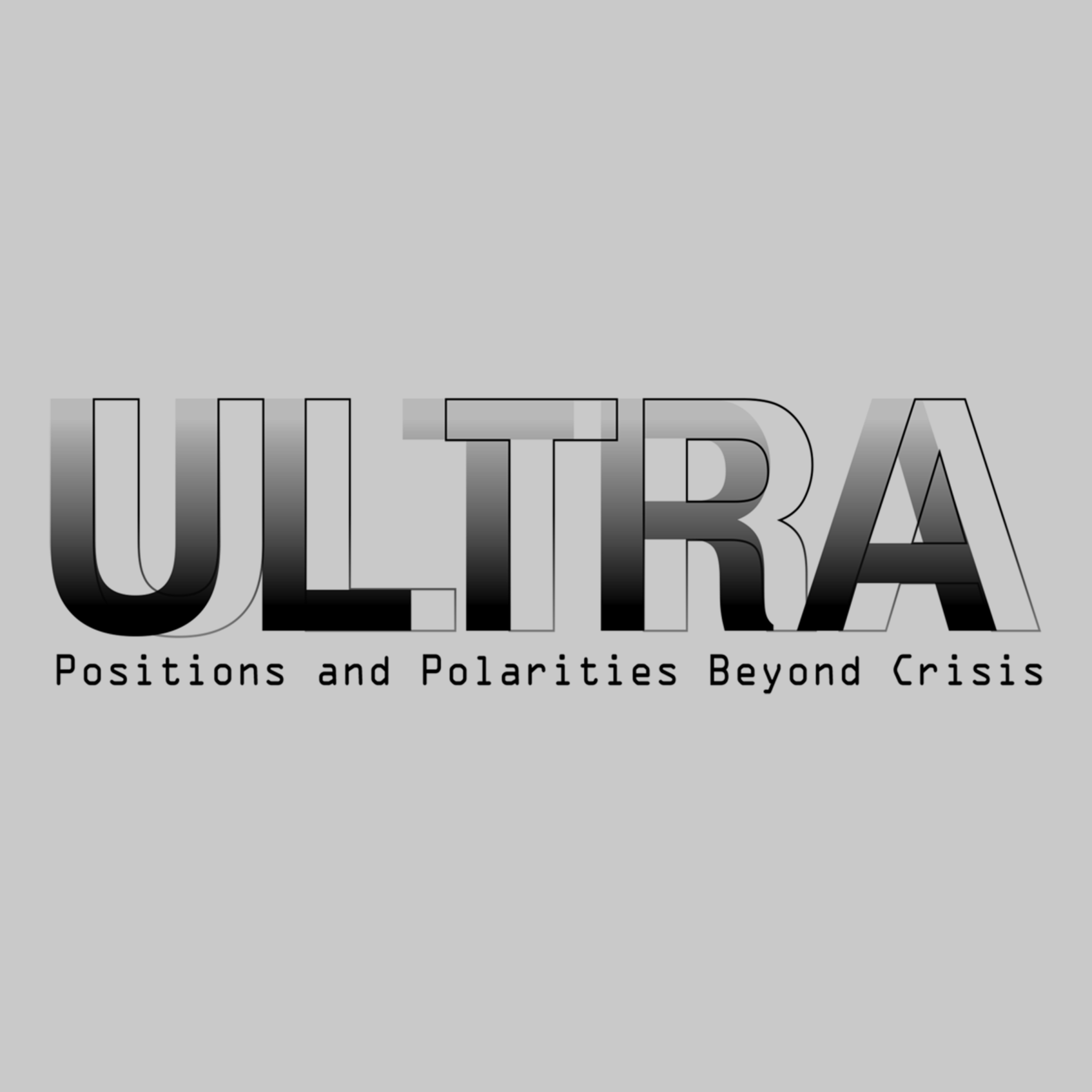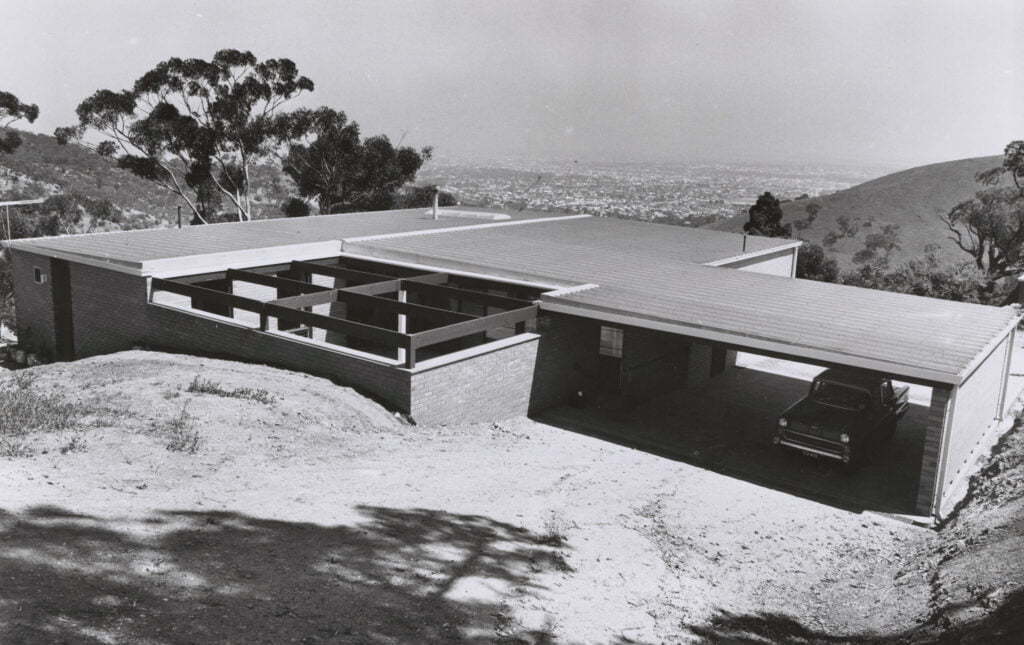
Ultra: Positions and Polarities beyond Crisis
View this conference’s proceedings here.

38th Annual Conference of the Society of Architectural Historians, Australia and New Zealand
Hosted by the University of Adelaide, School of Architecture and Built Environment, Faculty of Engineering, Computer and Mathematical Sciences, and convened by James Curry and David Kroll.
On the far side or beyond a limit, the term ‘ultra’ invokes an intensity of experience or conviction that falls outside the usual, the ordinary or the moderate; an attitude, stance, or position that may arise as much from emotion as it is informed by reason, particularly in moments of crisis when normality ceases to hold.
In the writing of architectural history extreme positions tend to suspend or stand outside the critical norms of the discipline in which, arguably, the cautious discerning of significance is the default practice. Positive can become ultra-positive as careful empirical observation and critical argumentation are transcended by the rhetoric of celebration. Commemoration, on the other hand, can evoke comparable rhetorical excess where the end of a golden era, for example, or the loss of a distinctive regional architecture or construction tradition become the focus of ultra-sad lamentation, or ultra-critical claims of abject failure where once dominant narratives no longer appear to sustain belief or explanatory power.
Operating as both a polemic and a call for insightful new inquiry into the discipline through which we think, Ultra invites participants to reflect upon the polarities of architectural discourse as well as the spectrum of positions between these. What are the implications of crises, past and present, in framing (or re-framing) the critical perspectives that architectural historiography may offer beyond such moments of confusion and/or extraordinary conviction? The conference seeks broad ranging responses to this question and its theme that will reflect on-going work in several established and developing areas of current SAHANZ scholarship.